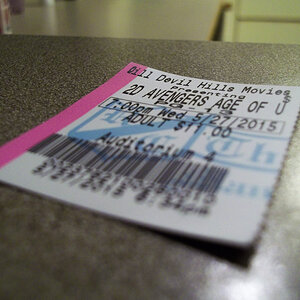neea
TPF Noob!
- Joined
- Nov 27, 2006
- Messages
- 710
- Reaction score
- 0
- Location
- Canada
- Can others edit my Photos
- Photos NOT OK to edit
Hey everyone,
During a conversation with my boyfriend tonight I realized I know very little about light. Seems odd because photography is about light :er:
I'm looking for books or webpages that will explain what light actually is. How it reflects or doesnt reflect so we can see it. And of course the camera manages to record all this information.
When I think about it I realize that's a complete mystery to me and almost seems to happen magically that a tiny device can caputure what our eyes see.
Thanks in advance
During a conversation with my boyfriend tonight I realized I know very little about light. Seems odd because photography is about light :er:
I'm looking for books or webpages that will explain what light actually is. How it reflects or doesnt reflect so we can see it. And of course the camera manages to record all this information.
When I think about it I realize that's a complete mystery to me and almost seems to happen magically that a tiny device can caputure what our eyes see.
Thanks in advance



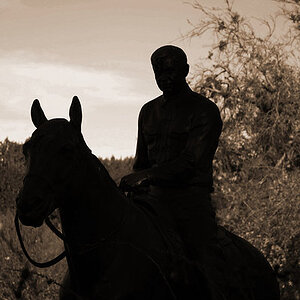
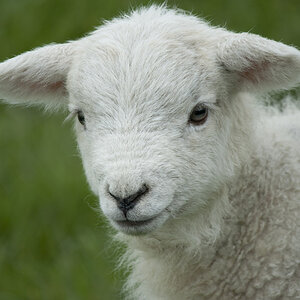
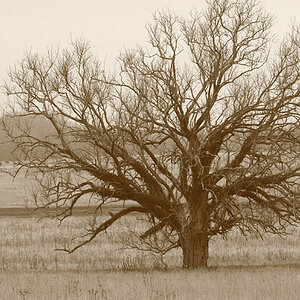
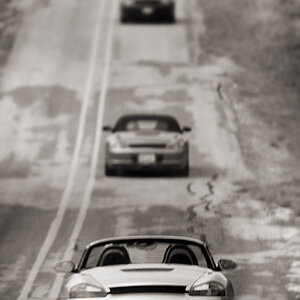


![[No title]](/data/xfmg/thumbnail/38/38736-5bc266b035e23faf5ad942bdd97466a8.jpg?1619738703)
![[No title]](/data/xfmg/thumbnail/38/38738-7933157d1b8968c986eeeab2d1828524.jpg?1619738703)
